Category: Podcasts
-

The Camenigerica Podcast
In this episode, Munyang, Vicky, and SaVai explore transforming gender identity challenges into moving art. They interview graffiti pioneer James Top and MC Jupiter from Brooklyn, who they spoke to while attending the Trinity International Hip Hop festival.
-

Schooled in Social Change: Graffiti in Senegal and DJing in South Africa
In this episode, the hosts discuss Set-Setal and Grafitti Movements in Senegal and Bridges for Music Langa (South Africa). They discuss graffiti culture in Dakar, Senegal and DJ culture in Cape Town, South Africa. They also interview South African DJ, DJ Blackish.
-

Rhythms of Identity: A Conversation With Cameroonian Artist and Student Astrid Mafogang
A conversation featuring Cameroonian artist Astrid Mafogang explored her experience as part of the African diaspora in the music industry. They delved into identity, representation, and her incorporation of Cameroonian identity into her music despite being based in London.
-
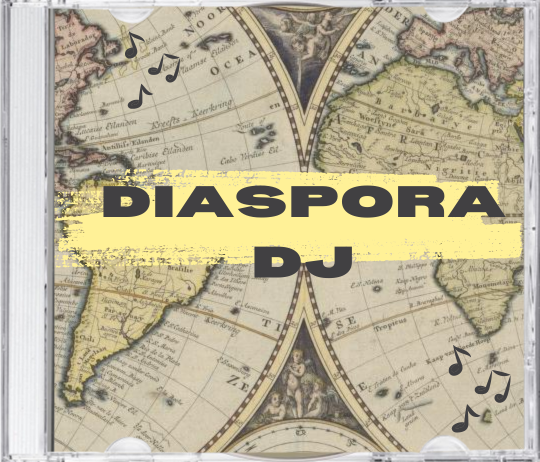
Broadening Rap to New Horizons: A Conversation with Rapper SixSaidIt
“All of these different cultures are a part of me. I didn’t want to limit myself to one sound.” -Six SixSaidIt is a multifaceted artist who seamlessly flows across the borders between hip-hop’s hottest subgenres to create a sound that is uniquely her own. In this wide-ranging conversation, I had…
-
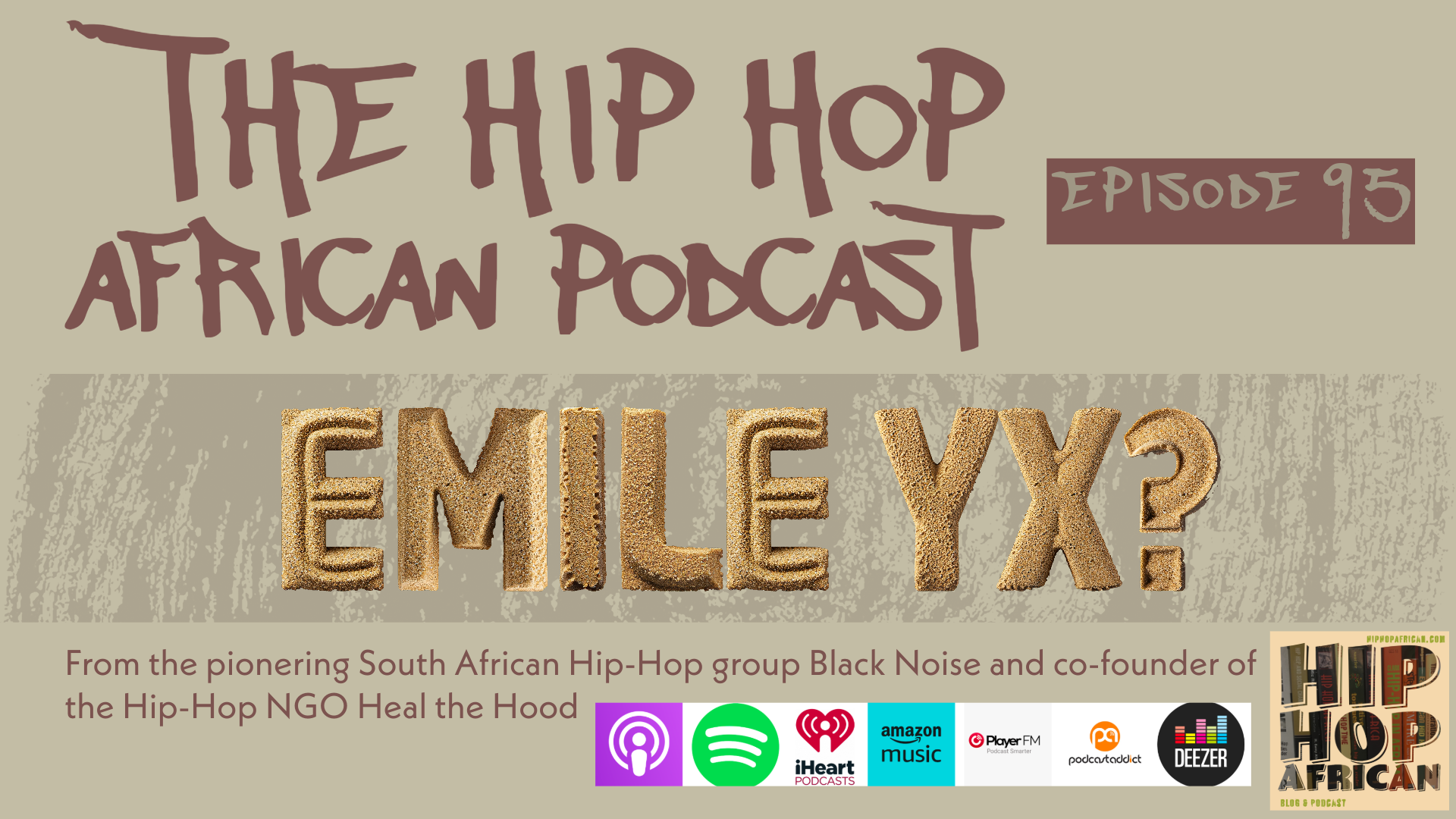
HHAP Ep 95: South African Hip-Hop Pioneer Emile YX?
This year, our Spring Series covers South Africa. In this episode, we have a conversation with South African Hip-Hop pioneer Emile YX?. Emile is part of the pioneering Hip Hop group Black Noise, one of the earliest Hip Hop groups in South Africa. He later co-founded the Hip Hop NGO…
-

HHAP 93: Magui Diop: A New Generation of Hip Hop Women in Senegal
This episode features a conversation with Senegalese hip hop artist Magui Diop. Magui Diop is an upcoming emcee representing another generation of Senegalese hip hop artists and Senegalese hip hop women. She is a product of one of the world’s largest and most respected hip hop scenes and has been…
-
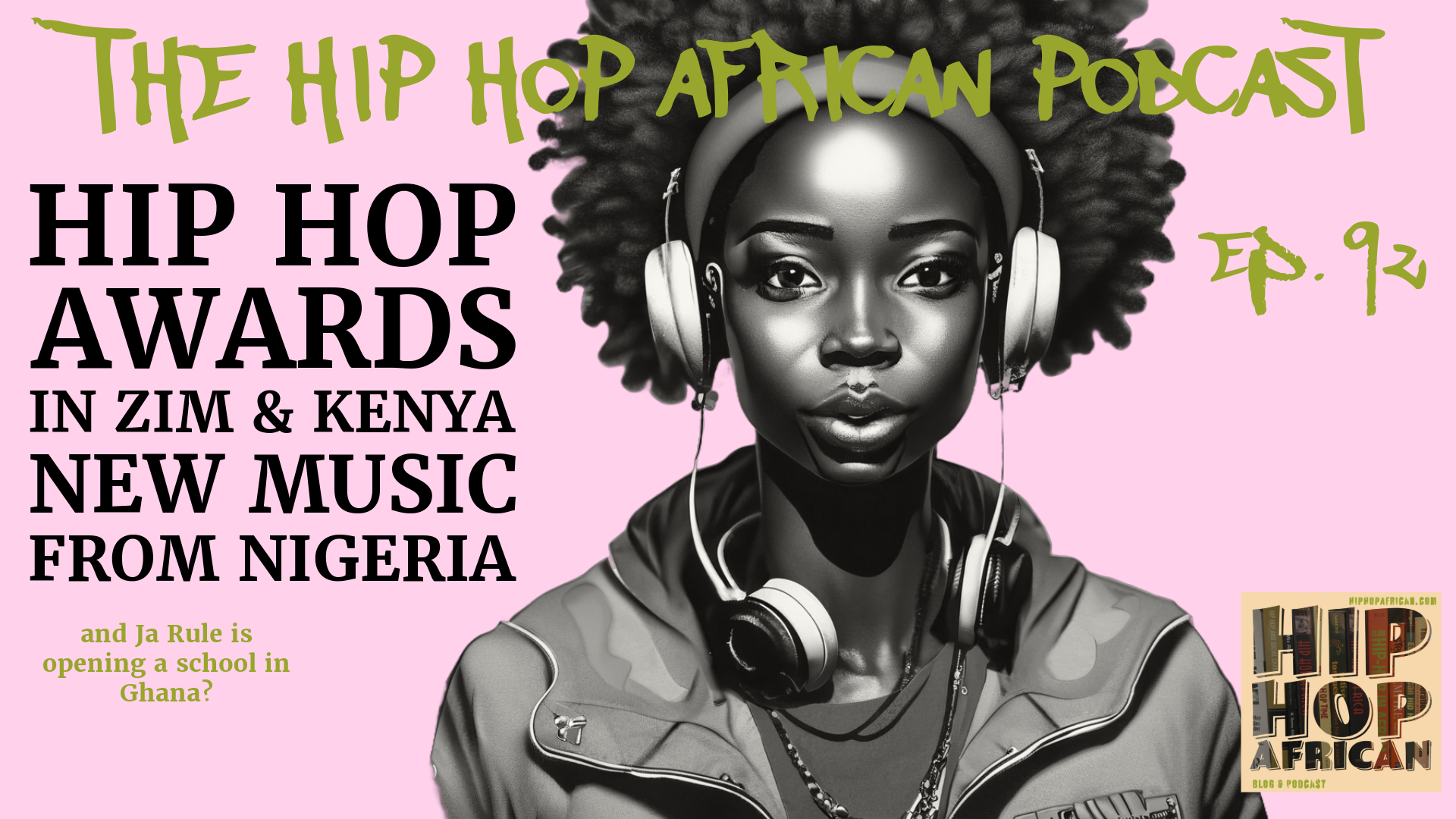
HHAP 92: Lots of Awards and New Releases from Nigeria
News & Events Submissions for the 2024 Ghana Music Awards To qualify for nomination, songs entered must have been released between 1 January and 31 December 2023. The deadline for filing nominations is 31 January. Trinity International Hip Hop Festival The 18th annual Trinity International Hip-Hop Festival will take place…
-
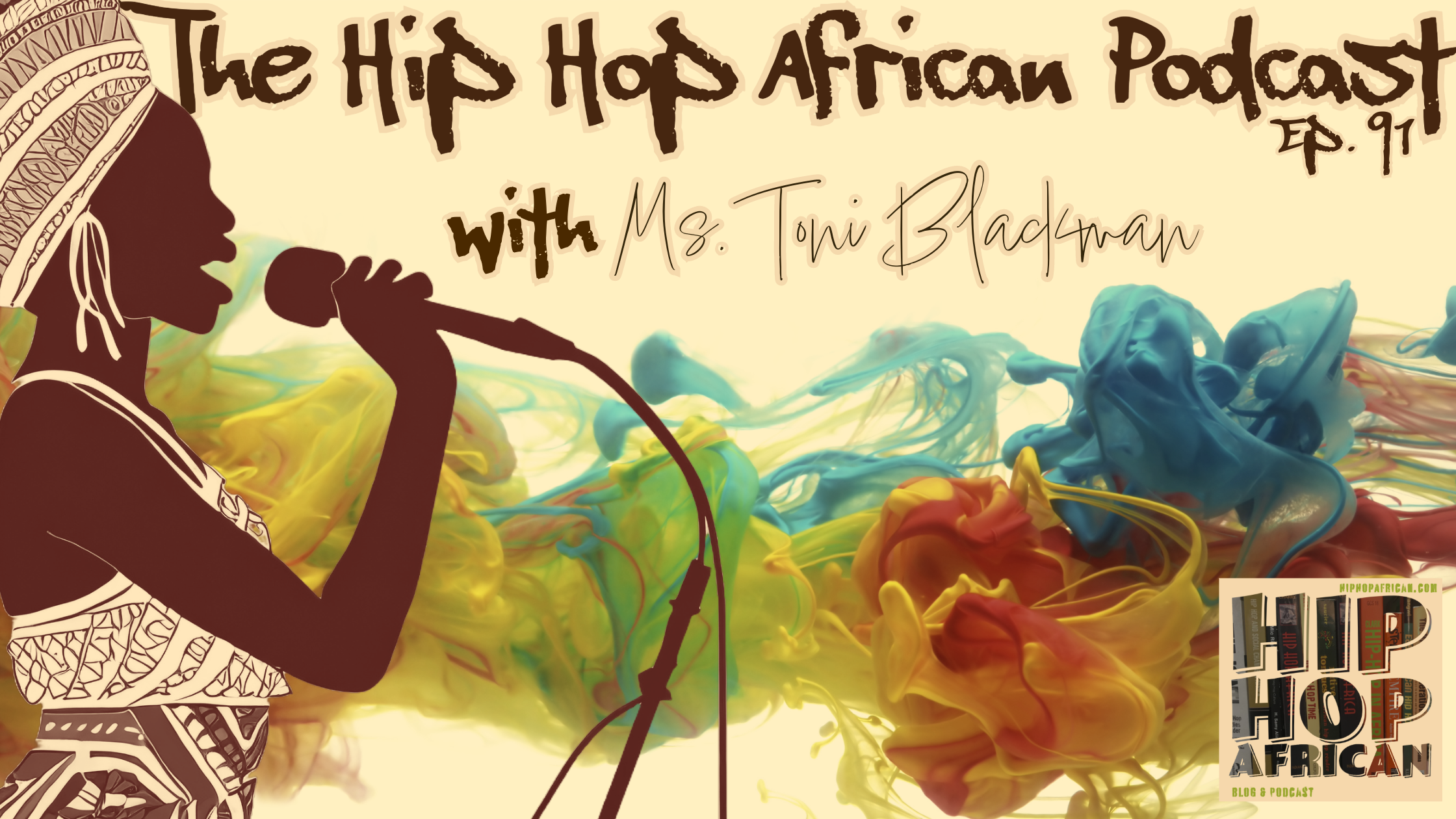
HHAP 91: Hip Hop in Africa and the African Diaspora with Toni Blackman
This episode is a sit-down conversation with Toni Blackman. Toni is an artist, hip-hop activist, writer, and cultural ambassador. She holds the distinction of being the first hip-hop ambassador to the U.S. State Department, and her work has had a significant impact on the global perception of hip-hop. She has…
-
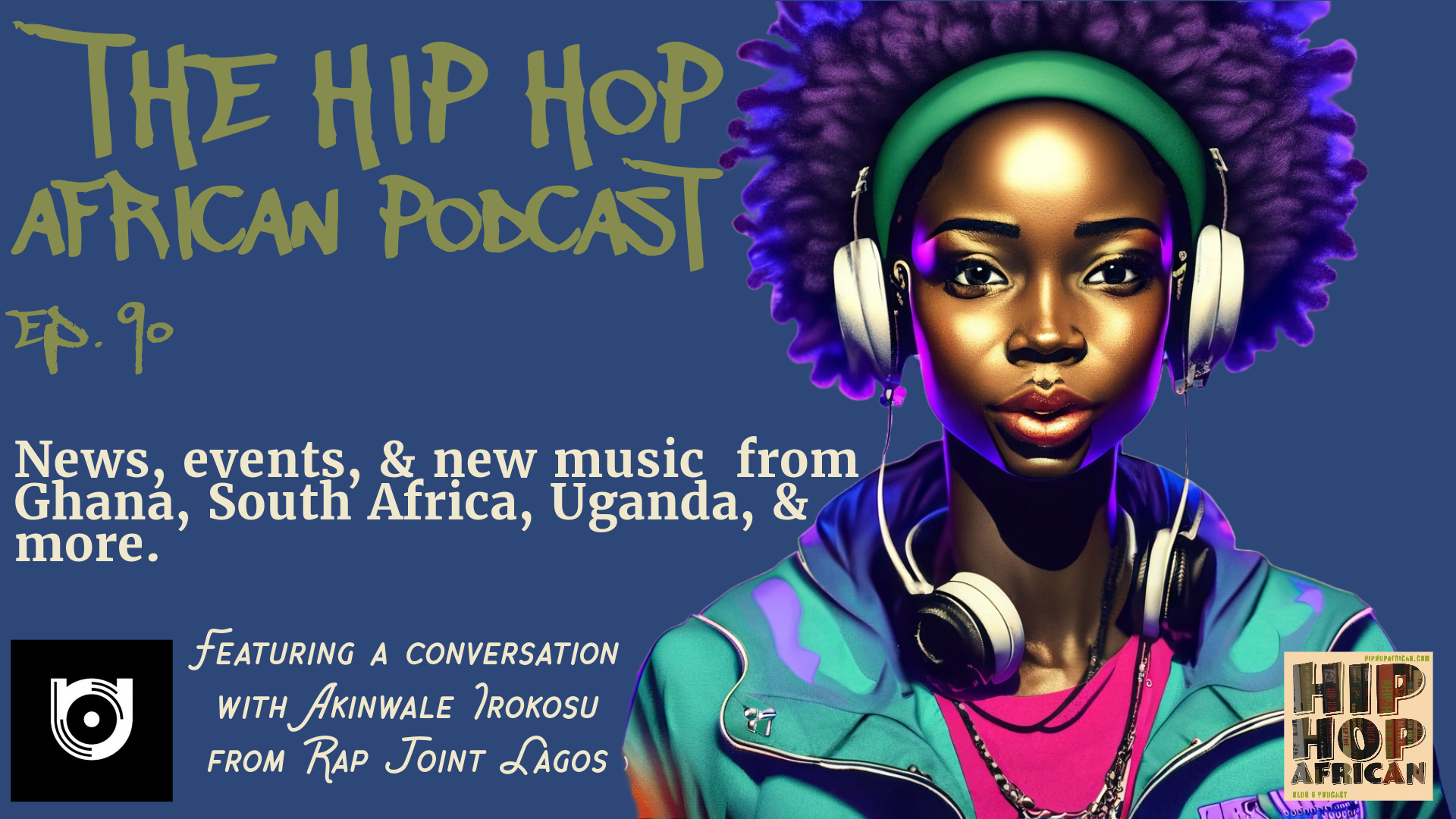
HHAP 90: News, Events, and Rap Joint Lagos
Apple Music’s Hip Hop DNA | The Sound of Freedom: The Evolution of SA Hip-Hop Apple Music is celebrating the 50th anniversary of hip-hop with the “Hip Hop DNA” series. One episode is focused on South Africa. The Hip Hop DNA series shows the diversity of hip-hop sounds, histories, and…

